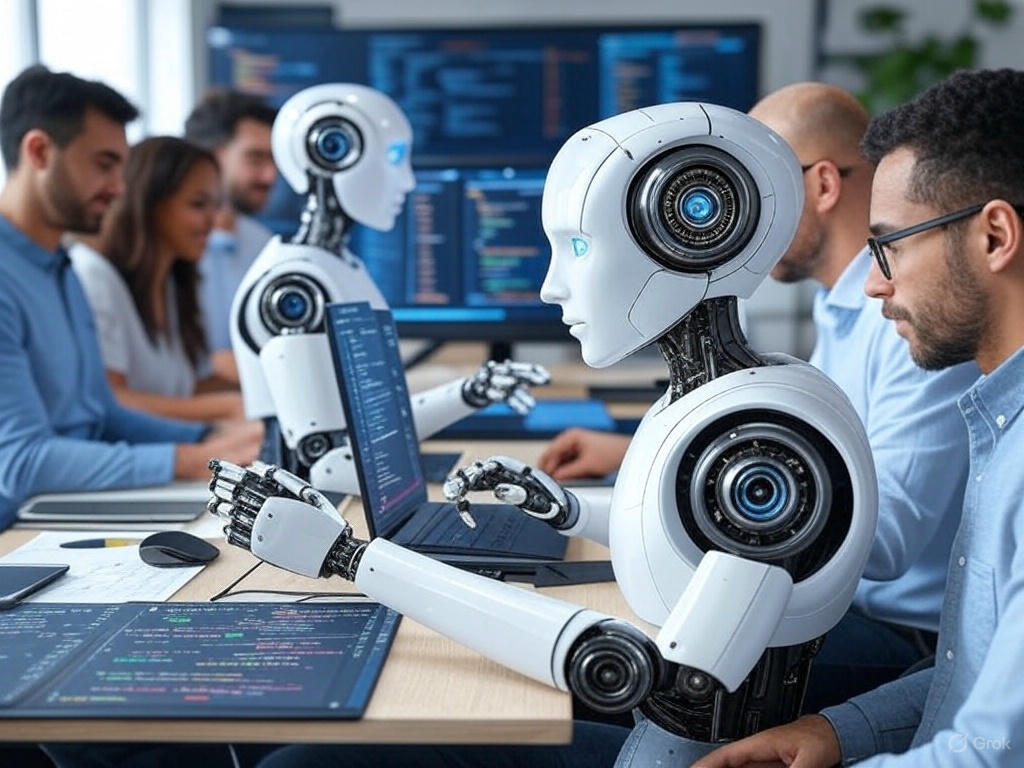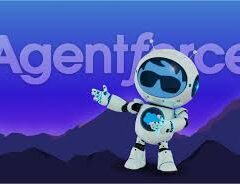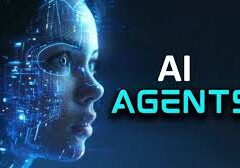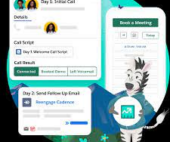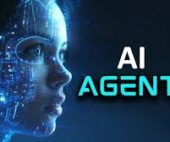AI Now Writes 20% of Salesforce’s Code—Here’s Why Developers Are Embracing the Shift
When Anthropic CEO Dario Amodei predicted that AI would generate 90% of code within six months, many braced for upheaval. But at Salesforce, the future is already unfolding—differently than expected.
“In the past 30 days, 20% of all APEX code deployed in production came from Agentforce,” revealed Jayesh Govindarajan, SVP of Salesforce AI, in a recent interview. The numbers underscore a rapid transformation: 35,000 monthly active users, 10 million lines of AI-generated code accepted, and internal tools saving 30,000 developer hours each month.
Yet Salesforce’s engineers aren’t being replaced—they’re leveling up.
From Writing Code to Directing It: The Rise of the Developer-Pilot
AI is automating the tedious, freeing developers to focus on the creative.
“The first draft of code will increasingly come from AI,” Govindarajan said. “But what developers do with that draft has fundamentally changed.”
This mirrors past tech disruptions. Calculators didn’t erase mathematicians—they enabled deeper exploration. Digital cameras didn’t kill photography; they democratized it. Similarly, AI isn’t eliminating coding—it’s redefining the role.
“Instead of spending weeks on a prototype, developers now build one in hours,” Govindarajan explained. “You don’t just describe an idea—you hand customers working software and iterate in real time.”
‘Vibe Coding’: The New Art of AI Collaboration
Developers are adopting “vibe coding”—a term popularized by OpenAI’s Andrej Karpathy—where they give AI high-level direction, then refine its output.
“You let the AI generate a first draft, then tweak it: ‘This part works—expand it. These elements are unnecessary—remove them,’” Govindarajan said. He likens the process to a musical duet: “The AI sets the rhythm; the developer fine-tunes the melody.”
While AI excels at business logic (e.g., CRUD apps), complex systems like next-gen databases still require human expertise. But for rapid UI and workflow development? AI is a game-changer.
The New Testing Imperative: Guardrails for Stochastic Code
AI-generated code demands new quality controls. Salesforce built its Agentforce Testing Center after realizing machine-written code behaves differently.
“These are stochastic systems—they might fail unpredictably at step 3, step 10, or step 17,” Govindarajan noted. Developers now focus on boundary testing and guardrail design, ensuring reliability even when AI handles the initial build.
Beyond Code: AI Compresses the Entire Dev Lifecycle
The impact extends far beyond writing code:
- Build: AI suggests intelligent extensions to existing code.
- Test: It auto-generates regression suites and edge-case checks.
- Deploy: Faster iterations create a tighter feedback loop.
“The entire process accelerates,” Govindarajan said. “Developers spend less time implementing and more time innovating.”
Why Computer Science Still Matters
Despite AI’s rise, Govindarajan is adamant: “Algorithmic thinking is more vital than ever.”
- Breaking down complex problems.
- Modeling user needs.
- Judging AI output with a critical eye.
“You need taste—the ability to look at AI-generated code and say, ‘This works, but this doesn’t,’” he emphasized.
The Bigger Shift: Developers as Business Strategists
As coding becomes more automated, developers are transitioning from builders to orchestrators.
“They’re guiding AI agents, not writing every line,” Govindarajan said. “But the buck still stops with them.”
Salesforce’s tools—Agentforce for Developers, Agent Builder, and the Testing Center—support this evolution, positioning engineers as business partners rather than just technical executors.
The Future: Not Replacement, but Reinvention
The narrative isn’t about AI replacing developers—it’s about amplifying their impact. For those willing to adapt, the future isn’t obsolescence—it’s transcendence.
As Govindarajan puts it: “The best developers will spend less time typing and more time thinking.” And in that shift, they’ll become more indispensable than ever. Its the same skill set, with a new application.

